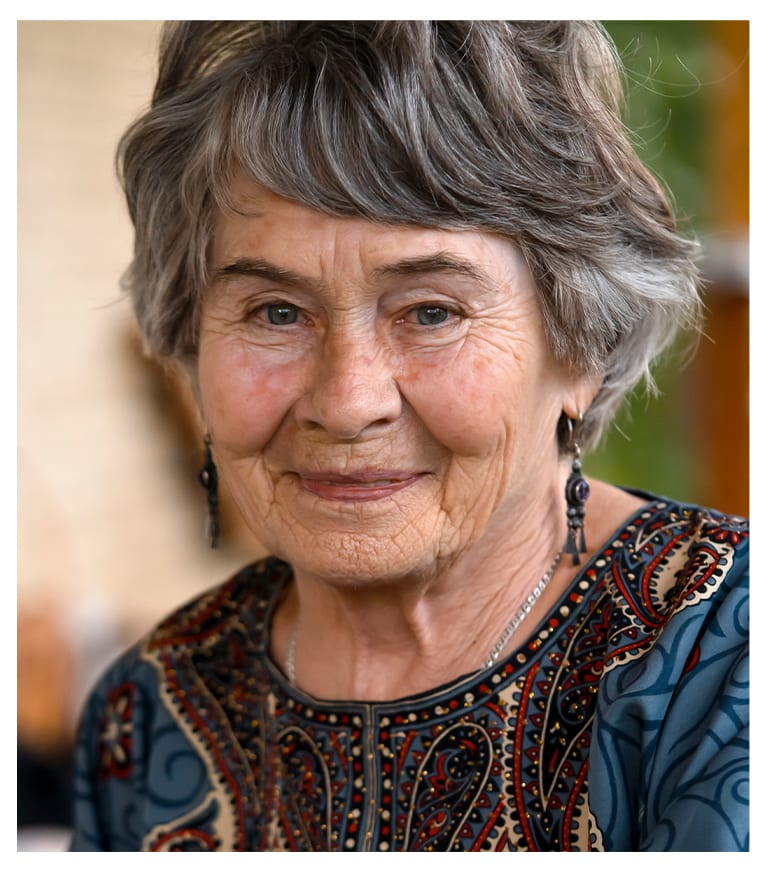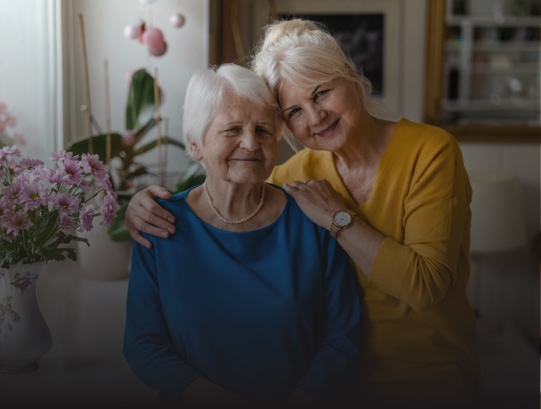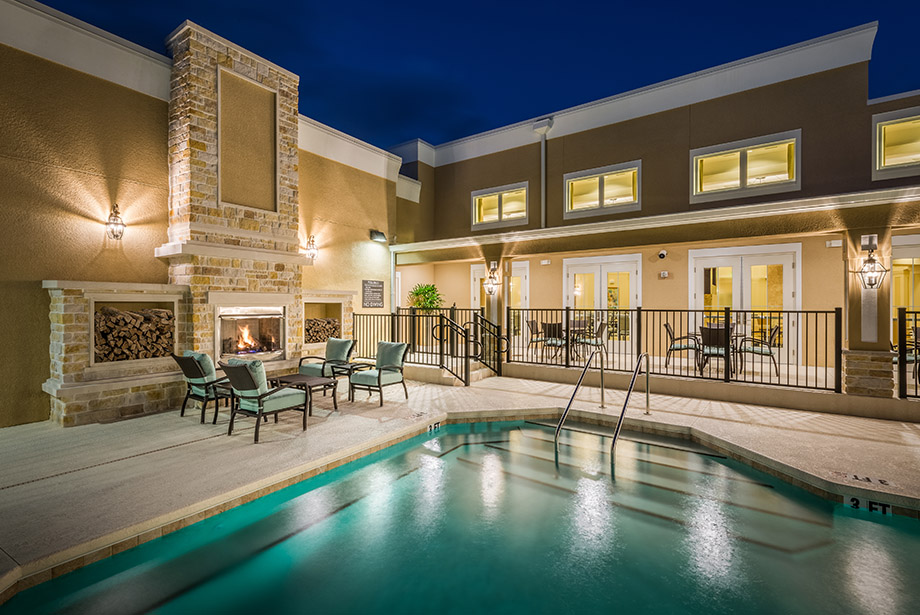The 1823 form is vital in ensuring that assisted living communities in Florida provide appropriate care to their residents. This comprehensive assessment outlines the resident’s specific needs and helps determine the level of assistance required.
It is a key document in the admissions process for assisted living facilities and helps to establish a baseline for care.
What Is Assisted Living?
Assisted living is a form of long-term care that supports those who need extra help but don’t require extensive medical care. It offers a balance between independence and assistance, helping older adults with activities of daily living, such as bathing, dressing, moving around, and medication management, while also providing opportunities for active living and socializing.
Assisted living communities aim to improve the overall quality of life by creating personalized care plans tailored to specific needs. Overall, assisted living allows residents to maintain their autonomy while receiving the necessary support and services they require.
What Is an 1823 Form?
The 1823 form is a standardized assessment tool used by healthcare providers to evaluate a resident’s suitability for assisted living. It covers a wide range of factors, including:
- Medical history and diagnoses
- Physical and sensory limitations
- Cognitive and behavioral status
- Nursing, treatment, and service requirements
- Special precautions (e.g., fall risk)
The form also determines the level of assistance the resident needs with activities of daily living, such as walking, bathing, eating, and dressing.
Is an 1823 Form Required for Admission to Assisted Living?
Florida law requires that incoming residents to assisted living facilities undergo a face-to-face medical examination and complete an 1823 form within 30–60 days of admission. This ensures that the community can provide the necessary care and support.
How Important Is the 1823 Form?
The 1823 form serves as a crucial document for several reasons:
- Determining appropriateness: It helps determine if a resident is suitable for assisted living based on their needs and abilities.
- Outlining care requirements: The form clearly outlines the specific care services the resident requires, ensuring that the community provides the appropriate level of assistance.
- Legal implications: Failure to follow the 1823 form can lead to assisted living negligence lawsuits. If a community fails to provide the necessary care outlined in the form, it can be held liable for any harm that results.
How to Complete an 1823 Form?
Filling out the 1823 form may seem daunting, but it’s a manageable process with a step-by-step approach. Here are some tips to help:
- Schedule a medical appointment with a loved one’s primary care physician to discuss the need for the 1823 form. Let the doctor know the purpose of the form.
- Prepare necessary information, such as gathering all relevant medical records, including past diagnoses, current medications, and treatment plans.
- During the appointment, assist the doctor in filling out the form accurately.
Common mistakes or errors to avoid when completing the form include:
- Incomplete information. Missing information can delay the admission process to assisted living.
- Outdated medical information. Using outdated information can lead to inadequate care plans.
- Lack of signatures. Double-check that all required signatures are present, including from the healthcare provider, a loved one, or a legal representative.

Beyond the Initial Assessment
The 1823 form is just a snapshot in time. As a resident’s condition may change over time, regular reassessments are necessary to ensure appropriate care. Florida law requires a face-to-face medical examination at least every three years or after a significant change in condition.
Planning for Care in Assisted Living
At Somerby Lake Nona, we prioritize your loved one’s well-being. Our Welcome Home program offers personalized care, tailored to their specific needs. We collaborate with healthcare providers, offer on-site therapies, and ensure transparent pricing. Our goal is to create a fulfilling retirement experience where your loved one feels safe, supported, and at home.
Call us today to schedule a visit and learn more about our welcoming community. We can help you determine what you need to get your loved one into a supportive home.










